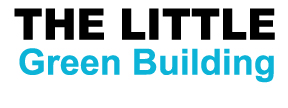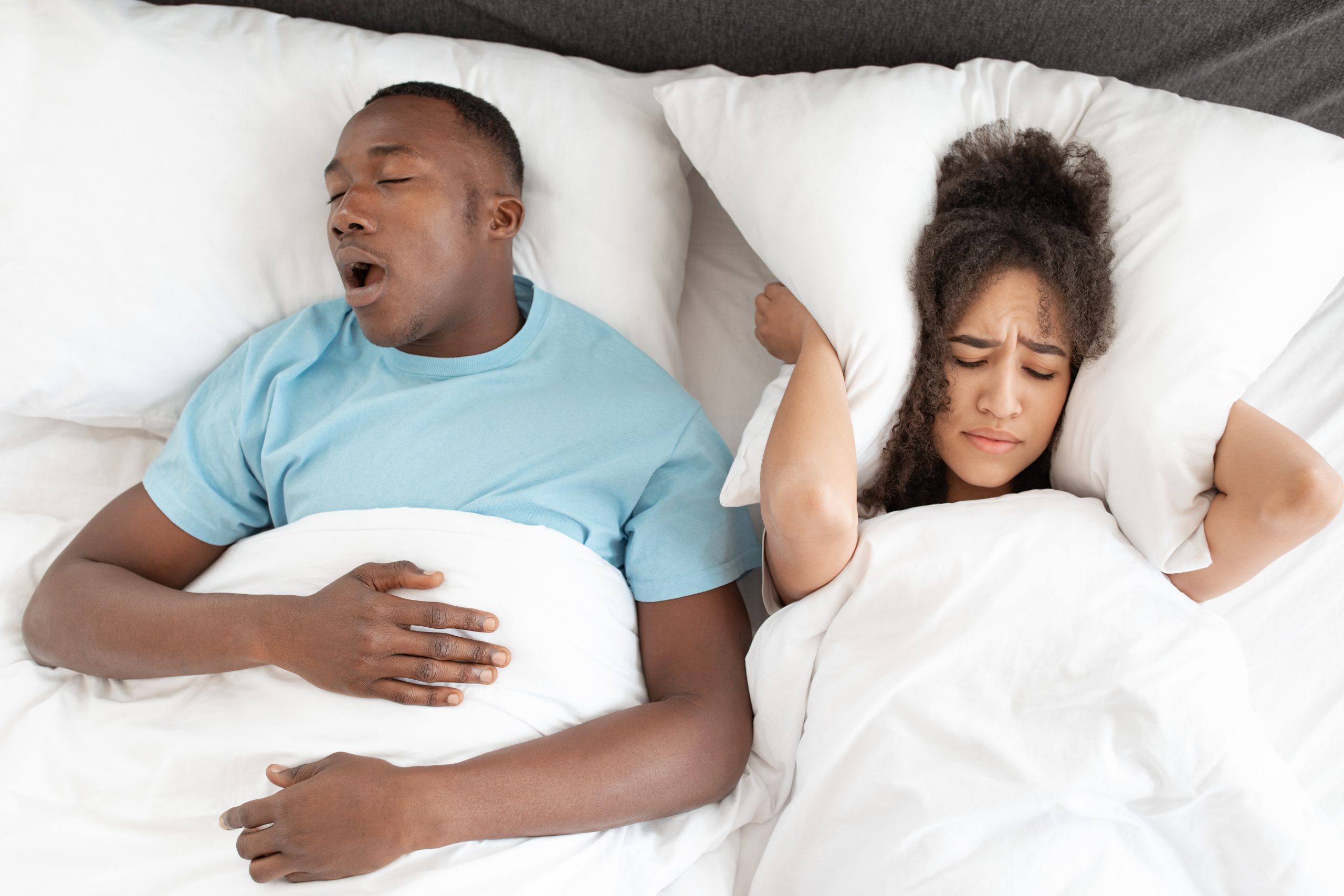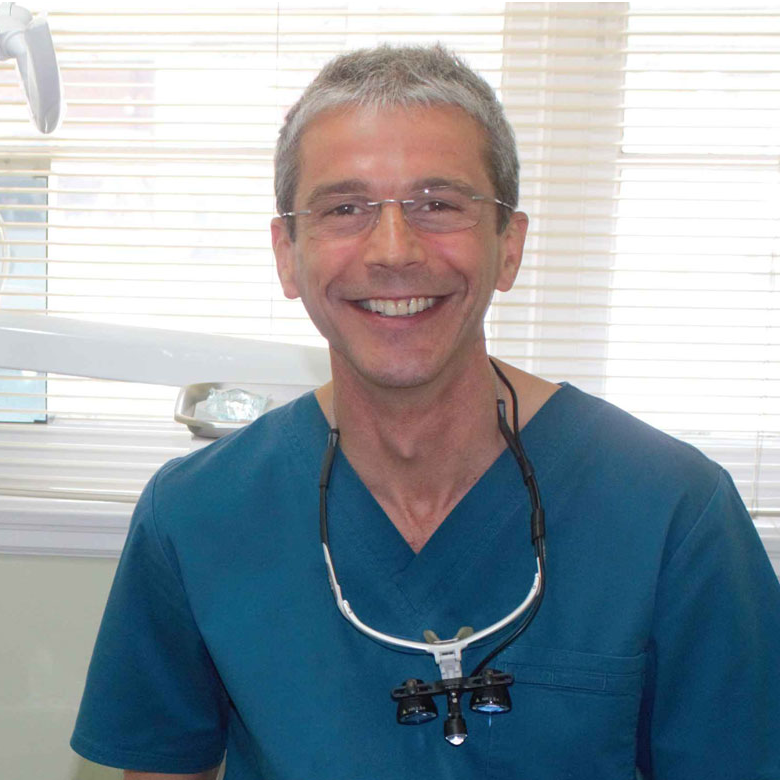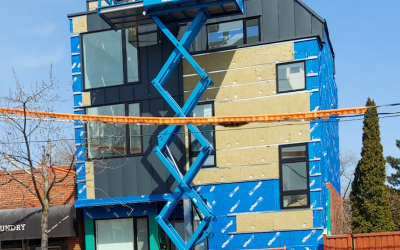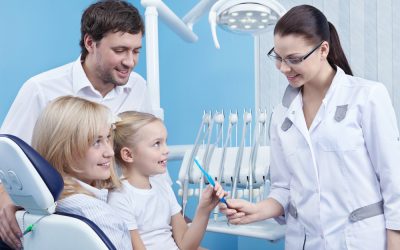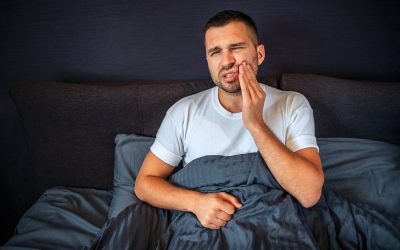For millions of people across the world, sleep isn’t a refreshing experience. Instead, it is a chore after which some individuals feel exhausted or during which they become a nuisance to those close by. Are you afraid to sleep outside of your home because you snore a lot? Do you experience headaches even after a long period of sleep? Do you find it difficult to sleep or feel sleepy all the time? You could be suffering from what is commonly known as sleep apnea.
Sleep apnea is a common condition in which breathing is interrupted regularly during sleep, a person’s breathing stops and starts continually. This sleep disorder can affect people of all ages, races and ethnicity; and even though it can affect people of all gender, it is very common in men. Sleep apnea takes three main forms:
1) Central sleep apnea, which occurs in people with problems in their central nervous system. Their brain is not able to transmit the right signals to the muscles that control breathing. As a result, breathing is interrupted because the muscles do not produce the right responses needed for proper breathing.
2) Obstructive sleep apnea, the most prevalent form of sleep apnea. It occurs when the muscles in the throat are so relaxed that the airway passage is reduced. At times, the reduced airway can close fully (apnea) or partially (hyponea) which has serious implications for one’s health and sleep. In spite of the reduced airway passage, the body requires the same amount of air during sleep just as when one is awake. This forces the diaphragm and chest muscles to work harder to cause air to flow freely to promote breathing. Such efforts can result in periodic loud gasps or snoring. Reduced or obstructed airway passage can be caused by many reasons including being overweight, having a tongue that’s relatively large, small jaws, smoking, or alcohol abuse.
3) Complex sleep apnea shares the characteristics of central sleep apnea and obstructive sleep apnea, hence its name. Simply put, sleep apnea is the result of problems with airflow. It has many implications for one’s health and general well-being. This is because quality sleep helps to promote the brain’s performance (memory, learning, and creativity), reduces stress, and enhances good mood and general health. It is obvious then just how important it is to know when you are being affected by sleep apnea, and how it can be treated.
How to detect sleep apnea
Individuals suffering from sleep apnea are not able to spot it, it is their partners who often do so through observation. Nevertheless, there are a few general cues one can use to determine a potential case of sleep apnea. Consider these:
- Loud snoring
- Difficulty sleeping and staying asleep (insomnia)
- Headaches
- Dry mouth when one awakes from sleep
- Excessive sleepiness
- Short attention span
- Bad mood
- Gasps for air when sleeping
Effects of sleep apnea
The impact of sleep apnea is not trivial, especially when the disorder is left untreated. Sleep apnea can result in weight gain, problems with one’s memory, headaches, daytime fatigue, impotency, heart problems, and even high blood pressure. Sleep apnea can and should be treated.
Treatment for sleep apnea
When sleep apnea is mild, changes to an individual’s lifestyle such as losing weight or quitting smoking can help to correct the disorder. Nevertheless, it is advisable to consider other treatment options. Continuous positive airway pressure (CPAP) is a commonly proposed treatment for sleep apnea. The CPAP machine works by generating air and transmitting it through a filter into a tube connected to a sealed mask around the nose or mouth. Air is seamlessly transmitted. The CPAP treatment is not ideal for everyone as it is uncomfortable and increases anxiety in some patients. According to The Sleep Foundation, the cost of CPAP machines can range anywhere from $250 to $1,000 or more. The average cost of these machines is usually between $500 to $800. However, there is an option for a more complex, which can cost from $1,000 to $3,000 and even up to $6,000. There are also surgical procedures that doctors may recommend to patients suffering from obstructive sleep apnea. But those will be more invasive and even more expensive.
Before thinking about undergoing surgery to treat sleep apnea, consider this effective alternative treatment: oral appliances. This is where your dentist can be of great help.
Can a dentist help with obstructive sleep apnea?
Through the use of oral appliances, dentists are able to help treat sleep apnea. Oral appliances are devices designed to treat obstructive sleep apnea by removing hindrances to breathing in an individual’s airway passage. As its name implies, oral appliances are introduced to the mouth to promote effective breathing. Oral appliances are like mouth guards for sports; easily portable, and convenient to use. There are two types of oral appliances:
The mandibular advancement device (MAD): according to the American Sleep Association, the prices for these start as low as $39, with “the majority of off-the-shelf devices range from$75 to $150.”
Tongue-stabilising device (TSD): some popular brands carry this device starting from $99,94.
While MAD works by adjusting the jaw to facilitate breathing, TSD moves the tongue to provide seamless airflow during sleep. These create space for air to flow freely into the body. Generally, oral appliances help to reorient the components of the mouth such as the jaws and tongue to enhance one’s breathing during sleep. They are clinically proven to resolve challenges with sleep and snoring. This has been confirmed by the positive report of about 92% of patients who have had their sleep apnea or snoring eliminated or significantly reduced. And the best part is: getting an oral appliance requires no surgery and it’s not a complicated machine you have to place over your face each night before going to sleep.
This is where we come in! Let us help you get the full night’s rest you deserve. There is no reason why you should keep waking up tired, in pain, irritable, etc. That is no way to live. And when the solution to your problems is so easy, there is no time to waste. You are only a click away from finally enjoying going to bed at night.
So call us today at 647-953-4945, send us an email at littlegreenbuilding@gmail.com with all your questions or simply click here to directly book an appointment with us. We here at The Little Green Building will be glad to help you, and you won’t believe how easy it will be for our team of experts to fix this and many other dental problems you might have. Take a look at our website to find out more.
